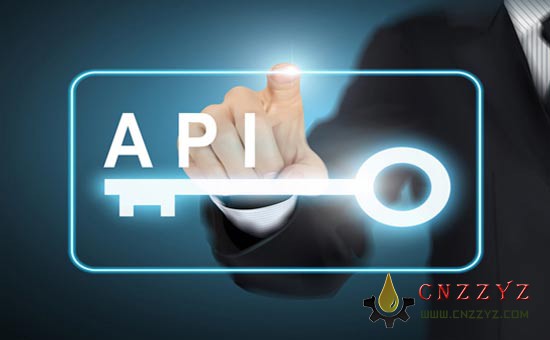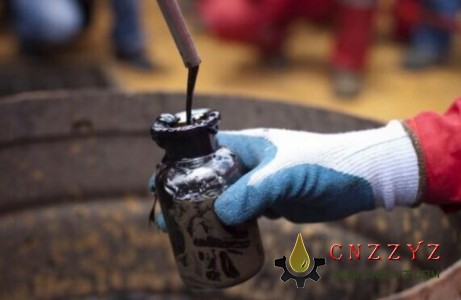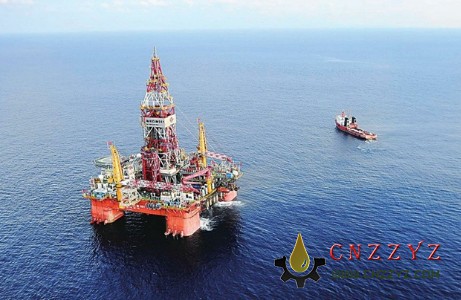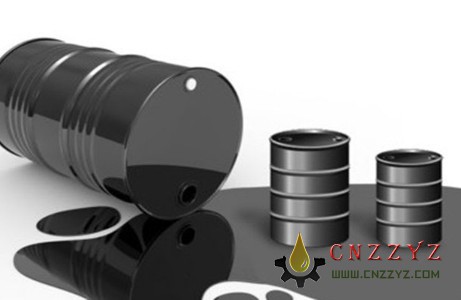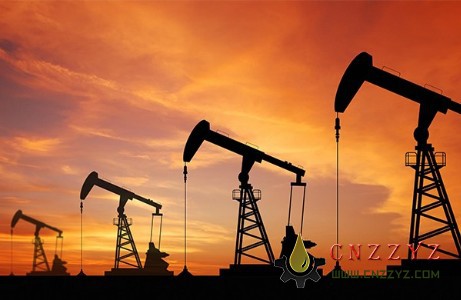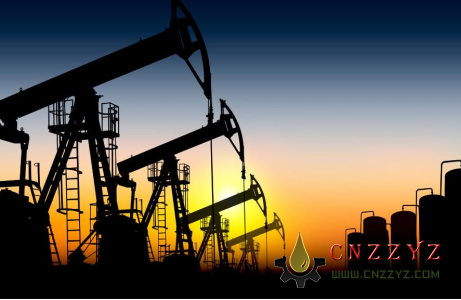石油设备网讯 据离岸工程4月12消息称该,由于石化行业的需求增加,预计2019年韩国液化石油气(LPG)进口将增长9.5%。
最近的政策变化将允许私营部门使用液化石油气燃料汽车,这是另一个推动因素。
韩国液化石油气市场因低需求而开始饱和,但随着政府重新考虑使用更清洁的燃料,其需求可能会激增。
该国严重的空气污染主要是由汽车尾气造成的,这迫使政府重新考虑其早先的策略。
直到2019年2月,该国的出租车、租赁汽车、货车和小型公共汽车等商用车才被允许使用液化石油气作为汽车燃料。但从3月底开始,作为改善空气质量努力的一部分,政府已允许国内任何人购买液化石油气驱动的汽车,或将汽车改装为使用液化石油气。这一举措是有道理的,因为与传统的天然气或柴油汽车相比,液化石油气汽车排放的粉尘更少。
2016年,韩国拥有近200万辆液化石油气动力汽车,消耗了350万吨液化石油气,但由于缺乏举措,这一数字在2017年和2018年有所下降。然而,随着限制的解除,我们预计液化石油气燃料汽车的数量将增加,从而提高交通运输行业的液化石油气消费量。此外,用作汽车燃料的LPG比柴油或汽油便宜42%。
预计2018年交通运输行业的液化石油气消费量将比2017年下降46%,但由于新政策,我们预计2019年这一数字将上升至51%。此前,2018年11月,该国对液化石油气和液化天然气进口实施了减税政策,这表明该国一直在推动清洁能源的发展。
曹海斌 摘译自 离岸工程
原文如下:
S.Korea's LPG imports to Grow: Drewry
South Korea’s liquid petroleum gas (LPG) imports are expected to increase 9.5% in 2019 on account of the growth is due to stronger demand from the petrochemical sector.
The recent policy change that will allow LPG-fueled vehicles in the private sector is another booster, said Drewry.
South Korea’s LPG market was starting to look saturated with low demand, but as the government is reconsidering cleaner fuels, its demand is likely to shoot up.
Drewry said that severe air pollution in the country caused mainly by vehicular emissions has forced the government to rethink its earlier strategy.
Until February 2019 only commercial vehicles such as taxis, rental cars, vans and small buses in the country were allowed to use LPG as auto fuel. But from end-March, the government has permitted anyone in the country to buy LPG-powered vehicles, or to modify their cars to run on LPG as part of its efforts to improve air quality. The move makes sense, as LPG vehicles emit less fine dust compared with conventional gas or diesel-fueled cars.
In 2016, South Korea had close to 2.0 million LPG-powered vehicles which consumed 3.5 million tonnes of LPG, but the figure declined in 2017 and 2018 owing to the lack of initiatives. However, with restrictions lifted, we expect the number of LPG-fueled vehicles to increase, raising LPG consumption in the transportation sector. Furthermore, LPG used as an auto fuel is 42% cheaper than diesel or gasoline.
LPG consumption in the transportation sector in 2018 is estimated at a lower 46% over 2017, but we expect the figure to rise to 51% in 2019 due to the new policy. The autogas policy follows a tax cut on LPG and LNG imports in November 2018 indicating the push that the cleaner fuels have been receiving in the country.

